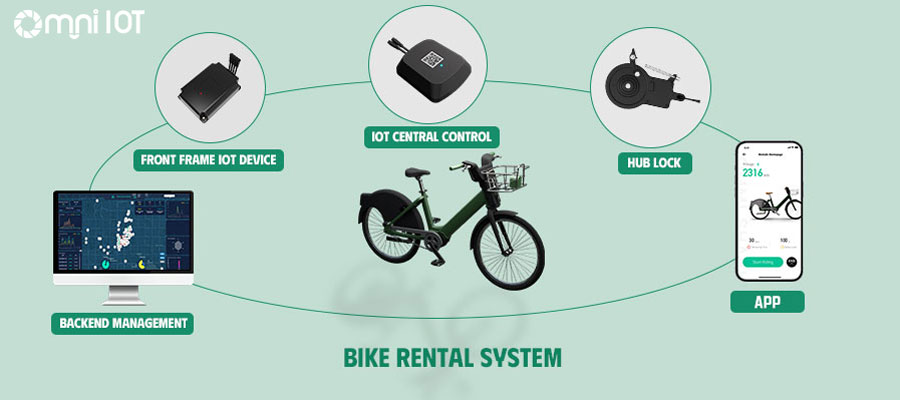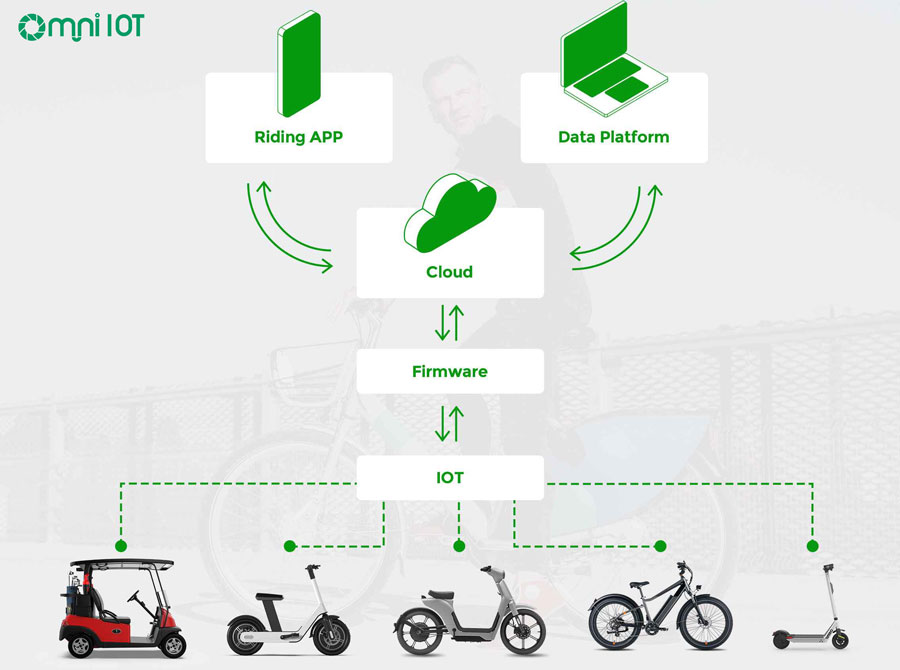Understanding Bike-Sharing Systems: How They Work and Their Types
Okay,so I need to explain what bike sharing systems are.Let me start by recalling what I know.Bike sharing systems are those
where you can rent a bike for a short period,right?Like,you see them in cities,maybe at docking stations or something.People use them to
get from one place to another without owning the bike.
Wait,how do they work exactly?I think you usually have stations around the city where bikes are locked.You can take a bike from one
station and return it to another.But some systems now have dockless bikes,where you can leave them anywhere?I've heard of rental bike
apps where you unlock the bike with your phone.So maybe there are different types.

Bike-Sharing Systems: Purpose, Components, History, and Challenges
Why do cities have these systems?It is to reduce traffic congestion and pollution and Encourage people to use bikes instead of cars
for short trips.Also promotes physical activity.
The components:the bikes themselves,the docking stations or locks,a payment system,a rental bike app for finding bikes.Some bike
sharing systems require membership,others you can just pay per ride.Pricing structures might vary,like first 30 minutes free then charges
apply,or different subscription models.
History-wise,I think the first bike sharing systems were in Europe.Amsterdam had something called White Bikes in the 60s,but they
weren't high-tech.Modern systems started with IoT locks such as smart bike locks,electric bike locks with better GPS tracking and rental bike
app,it's easier to manage.
Challenges?Vandalism,theft,maintenance.Also,making sure bikes are available where and when people need them.Rebalancing the
bike sharing system so some stations don't get empty or full.Weather might affect usage too.In rainy or cold places,maybe fewer people
use them.
Examples include Citi Bike in NYC,Santander Cycles in London,Vélib'in Paris.In China,companies like Mobike and Ofo were big but maybe
had some issues with oversupply.Different models:some are city-run,others private companies.

Bike-Sharing Systems: Benefits, Types, and Impact
Benefits: eco-friendly,reduces traffic,affordable transport option,health benefits.Maybe integrates with public transit systems,so people
can combine bike rides with buses or trains.
Wait,but are there different types of bike sharing systems?Like docked vs.dockless,or free-floating vs station-based.Docked requires
returning to a station,dockless can be left anywhere within a service area.Each has pros and cons.Docked might be more organized but less
flexible.Dockless is convenient but can lead to bikes being left in inconvenient places.
Payment models:pay-as-you-go,daily passes,annual memberships.Some might have discounts for low-income residents to promote
accessibility.
Technology involved: GPS tracking,rental bike apps for unlocking,real-time availability info,maybe even electric bikes in electric bike lock
systems.Electric bikes could make it easier for longer distances or hilly areas.
Environmental impact: reducing carbon emissions if people use bikes instead of cars.But manufacturing the bikes and maintaining the
bike sharing system also have environmental costs.Need to consider lifecycle analysis.
Social impact: increases mobility for people without cars,but might not be equally accessible in all neighborhoods.Equity issues if stations
are only in certain areas.




